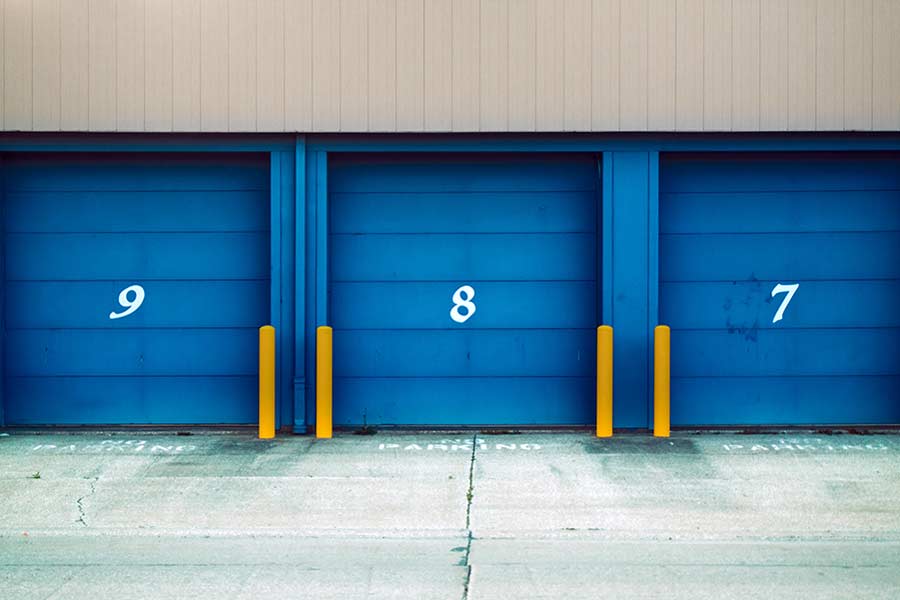Everyone dreams of a perfectly timed, seamless move where your lease ends as your new one begins. As great as it would be if you are able to sell your previous home the same week you close on another, this does not always happen in practice. It is not uncommon for there to be gaps between homes where you might have to stay in a temporary space that doesn’t allow for all of your furniture and belongings. One convenient option to solve this problem is getting a storage unit. These units can come in various sizes to suit your needs, and typically you can get a month to month rental agreement.
To Keep or Not to Keep
One of the hardest parts about not having space for all of your belongings, either temporarily or long term, is deciding what to put in storage and what to sell, give away, etc. The best option depends on several factors, so you should consider what best suits your situation. For instance, if you are expecting a long period of time before you will have space for your furniture in your home again, it might be financially wiser to get rid of some items that you wouldn’t consider family heirlooms or that don’t have sentimental value. And sometimes, you should consider how much a sentimental value is really worth. It’s possible that storing your couch or dresser for several months might actually end up costing more than replacing them later—not to mention the wear and tear that can happen during a long stint in a storage unit. Be sure to weigh the pros and cons and do the actual math beforehand.
What You Should Not Store
One thing that should influence what you choose to store are the rules of the storage unit facility. Typically, items not permitted in storage units include hazardous material like gasoline, paint thinner, cleaners, and other chemicals. Anything that can go BOOM like a firework, explosive, or firearm are also typically not permitted. Also, you should not store any living items like plants or any kind of pet or animal. Speaking of animals, you should not put foods, especially perishables in a storage unit. This can end up being a disaster in pest control, which will do a lot of damage to your belongings as well as the other tenants.
Choosing Your Unit
If you do decide to put some furniture in storage, you might want to consider what type of storage unit will be best for your purposes. For instance, if you live in a region with dramatic temperatures or high humidity, it might be necessary to invest in a climate controlled storage unit. This is especially true if you have valuable or antique wood pieces. If you are committed to keeping the things that you love, then going the extra mile to keep them in good condition is probably worth your while. Remember, you’ve decided to store the things that matter most to you so that you can still have them in your next home, so be sure to consider all your options and figure out what is best for you!

